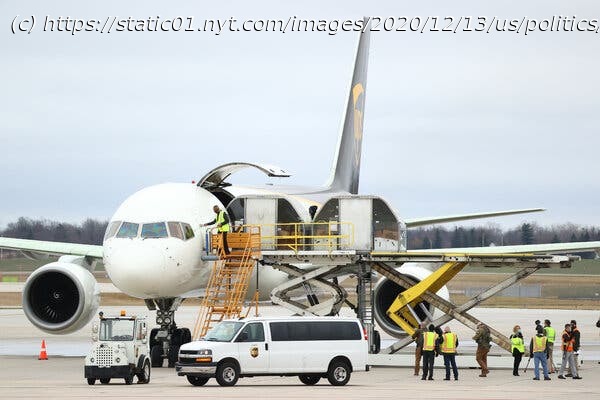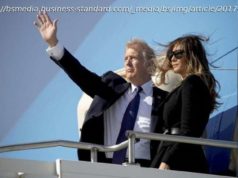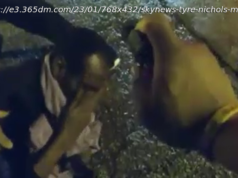A large-scale public education campaign, delayed by false starts and investigations, will get off the ground just as the coronavirus vaccine becomes available to high-risk Americans.
The Trump administration, scrambling to make up for lost time after a halting start, is rushing to roll out a $250 million public education campaign to encourage Americans to take the coronavirus vaccine, which will reach the first patients in the United States this week. Federal officials acknowledge the effort will be a complicated one. It must compete with public doubt and mistrust of government programs amid deep political divisions created in part by a president who has spent much of the year belittling government scientists, promoting ineffective treatments and dismissing the seriousness of the pandemic — and is now rushing to claim credit for a vaccine that will be his legacy achievement. “When you have an anti-science element together with a divisiveness in the country, it will be challenging,” Dr. Anthony S. Fauci, the government’s top infectious disease expert, said in an interview on Friday, while declining to talk specifically about President Trump. “But you know, we’ve done challenging things before.” The Building Vaccine Confidence campaign, overseen by the Department of Health and Human Services, will unfold in an atmosphere of hope as vaccinations begin — but also despair as daily death tolls from Covid-19 approach 2,500 and the United States nears 300,000 total deaths. The campaign is part of a broader public relations effort that was initially supposed to feature celebrities whom the administration considered friendly to the president but came under scrutiny from Democrats who called it a propaganda campaign intended to re-elect Mr. Trump. The celebrity component — which was to include the actor Dennis Quaid and the country singer Billy Ray Cyrus — was scrapped after an inquiry by House Democrats prompted Alex M. Azar II, the health secretary, to order an internal review of the plan. The new initiative will take a “science-based approach,” said Mark Weber, the federal health official who is running it, and will begin this week with a first wave of advertisements in print, social media and radio, with television advertising added when the vaccine becomes more broadly available. That six-week hold ended when Mr. Azar’s review wrapped up on Nov.13, but now, with vaccinations expected to begin Monday, the campaign is on an extremely tight timeline. Focus groups designed to help officials fine-tune the advertising to tailor it to hard-hit communities will begin Tuesday. The effort — developed by Fors Marsh Group, a market research group, under contract with the government — is focused on what officials are calling the movable middle: people who are hesitant to take the vaccine, but who can be persuaded to do so. But that will not be an easy task. “I have advised my team that we recognize our operating environment is complicated, we have a public health mission, and we need to stay focused on that,” said Mr. Weber, a 30-year career government official who has a master’s degree in marketing. He acknowledged that the campaign was battling “a credibility factor right now,” with a high level of distrust in government and fears about the safety of a vaccine that was produced in record time. A majority of Americans — 60 percent — now say they will “definitely or probably” get a coronavirus vaccine, according to a survey released this month by the Pew Research Center. But strong anti-vaccination sentiment remains: 21 percent of American adults do not intend to be vaccinated and are “pretty certain” more information will not change their minds, the survey found. Recent surveys show that women are more apprehensive about vaccination than men, with Black Americans the most hesitant group by race. Health officials are aware that they must dispel doubts about safety and enduring concerns over examples of unethical medical research in the United States, especially in African-American, Latino and Native American communities that have been hit especially hard by the coronavirus.
Start
United States
USA — Political Trump Administration Plans a Rushed Effort to Encourage Americans to Be Vaccinated






